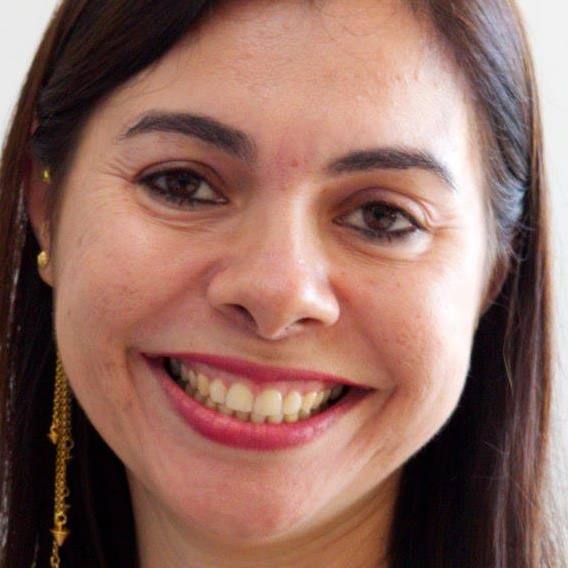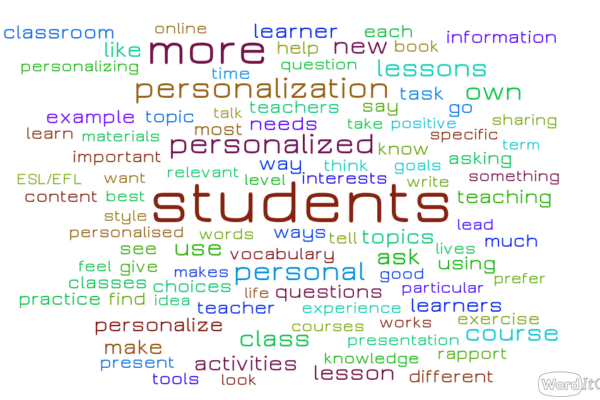Authorship in teaching and learning
Discussing creativity in English language teaching and learning has definitely contributed to many of the changes we have already observed in our field – both in the classroom and in teacher education. However, some teaching contexts are definitely dependent on more controlled approaches – sometimes because of teachers’ beliefs, sometimes because of school programmes, parents’ influence. In Brazil, we were lucky to have Freire debating the ideal conditions for education that promotes change in the world, rather than generates copies of our old selves. Yet, two decades after his death education in general still seems to resist greater changes. Many times it is because of us, teachers in charge of the classrooms and with the power to do differently. In this post I will be discussing the role of authorship in teaching and learning towards education that makes a difference.
All over the world, there are teachers researching ways of encouraging their students to progress as learners who may eventually become life-long learners – of the language or any other subject they become curious about. I am particularly fond of UNICEF‘s definition of innovation in education as something that improves learning, equity and systems through solving real problems. It is simple and does not necessarily demand resources one may not have access to. Teachers have been planning problem-solving activities that may provide learners with the conditions for developing creativity, for collaborating towards solutions and perhaps even for helping learners deal with frustrations in general. It may give students the chance of being more active in the classroom and becoming authors of the lesson we have (partially) planned. This paradigm shift from the place where the teacher has complete control of what happens in the classroom to lessons where learners contribute and collaborate towards improved teaching and learning both excites and scares educators.
This shared authorship of the lesson links to what Beghetto (2017) calls ‘planning for uncertainty’ – allowing learners’ contribution to direct what the outcomes of the lessons will be. Even though it seems to be a very powerful tool for developing 21st century skills, it takes a lot of courage and emotional balance from the teachers as they no longer control every single step of the lesson and whatever is planned may go in unimagined directions as learners discuss and bring their questions and findings to the classroom. In a way, it relates to what Thornbury and Meddings (2009) described as teaching unplugged in material-light classes.
Also, we need to accept that if we do our jobs right today (right being giving students an active role, allowing their contributions to help them reach higher than we had initially planned), learners of tomorrow will be a lot better than we were in terms of the subject matter or strategies for learning, ability to collaborate or process information. By sharing authorship of our lessons with learners and allowing them to go beyond what we would be able to tell them, facilitating the discoveries and critical thinking through asking and welcoming questions we seem to be aiming at shaping a diverse group of learners that will reach higher than we did. We would be spiraling education up, or even better, shaping it in unimaginable ways to our limited minds. Limited because our learners are going to go where we haven’t been and the other generations are going further and further.
Therefore, the more we embrace uncertainty and the more we are comfortable with our gaps of knowledge to answer all the questions that will come up through challenging problem-solving activities, the more learning opportunities we will be providing in the classroom. Additionally we would be creating a continuous learning atmosphere by showing students we may not have all the answers but through collaboration we may find out more than we would on our own or more than what the teacher knows.
References
Beghetto, R. (1997). ‘Inviting Uncertainty into Classroom’. Educational Leadership: Unleashing Problem-solvers. Vol. 75. No. 2 pp. 20-25. Alexandria: ASCD.
Freire, P. (1996) Pedagogia da autonomia: saberes necessários à prática educativa. São Paulo: Paz e Terra.
Partnership for 21st century learning: https://www.p21.org/index.php
Thornbury, S. and Meddings, L. (2009) Teaching Unplugged. Surrey: Delta Publishing.
UNICEF – Innovation in Education: https://www.unicef.org/education/bege_73537.html





